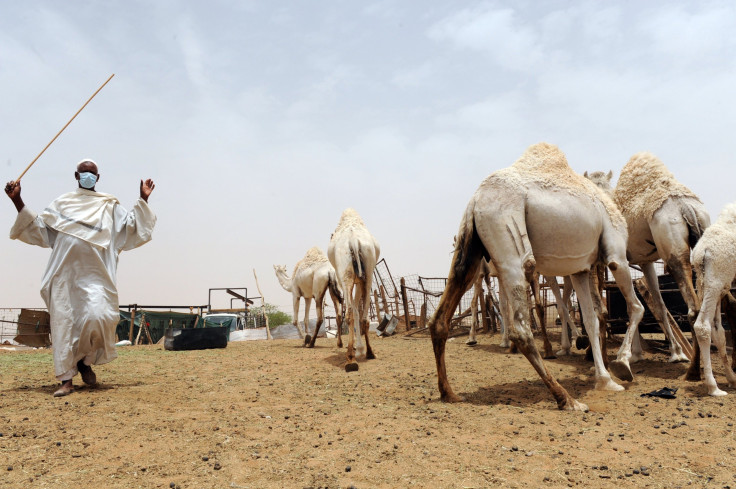MERS In Saudi Arabia: King Abdulaziz Medical Emergency Ward Shut, 18 New Cases Recorded In 2 Days

Saudi Arabia temporarily shut down an emergency ward in one of the largest hospitals in the country, after a spike in the number of Middle East Respiratory Syndrome, or MERS, cases in the last two days, a health official said Wednesday.
The ward at King Abdulaziz Medical City in the capital, Riyadh, was shut after 46 people, including 15 hospital staff, contracted the deadly respiratory virus at the premises, the Associated Press reported, citing Dr. Hanan Balkhi of the health ministry. The ward will stay shut for another two weeks and the patients are reportedly being moved to other hospitals.
Ten new cases were reported late Tuesday, making it the kingdom's biggest daily jump in confirmed new infections of MERS coronavirus after months, according to Reuters. The virus was first reported in Saudi Arabia in 2012.
“We have allocated three special isolation wards to deal with MERS patients and have suspended surgeries that can be postponed to a later date,” Hanan Bint Hasan Al-Balki, executive director of preventive medicine at the National Guard Ministry, said, according to Arab News, a local news daily, adding: “We are also carrying out programs for infection control among health officials, patients and visitors.”
The country’s health ministry said that in the past two days, three people had succumbed to MERS, while 18 new cases have been recorded, Arab News reported. Since June 2012, there have been 1,115 cases of MERS, 480 deaths and 590 recoveries in Saudi Arabia. The report added that 45 people are currently being treated for the virus at government hospitals or at their residences.
Khalid Al-Mirghalani, a spokesman for the health ministry, reportedly said that the country's Central Command Center (CCC) has begun arranging awareness programs for public and hospital staff to prevent further spread of the virus. However, the government's efforts are being hindered as camel owners are refusing to cooperate, Khalid Al-Fuhaid, a spokesman for the agriculture ministry, told a local publication, cited by Arab News. The disease is believed to have originated from camels and is transmitted to humans through a sneeze or cough.
MERS causes fever, coughing and shortness of breath and does not have a cure yet. A severe form of the disease, which has a fatality rate of 36 percent, results in pneumonia or kidney failure.
Besides Saudi Arabia, the biggest outbreak of the disease in the world was recorded in South Korea in May, where it claimed the lives of 37 people and infected 186 people, South Korea’s Yonhap reported Monday.
© Copyright IBTimes 2024. All rights reserved.












